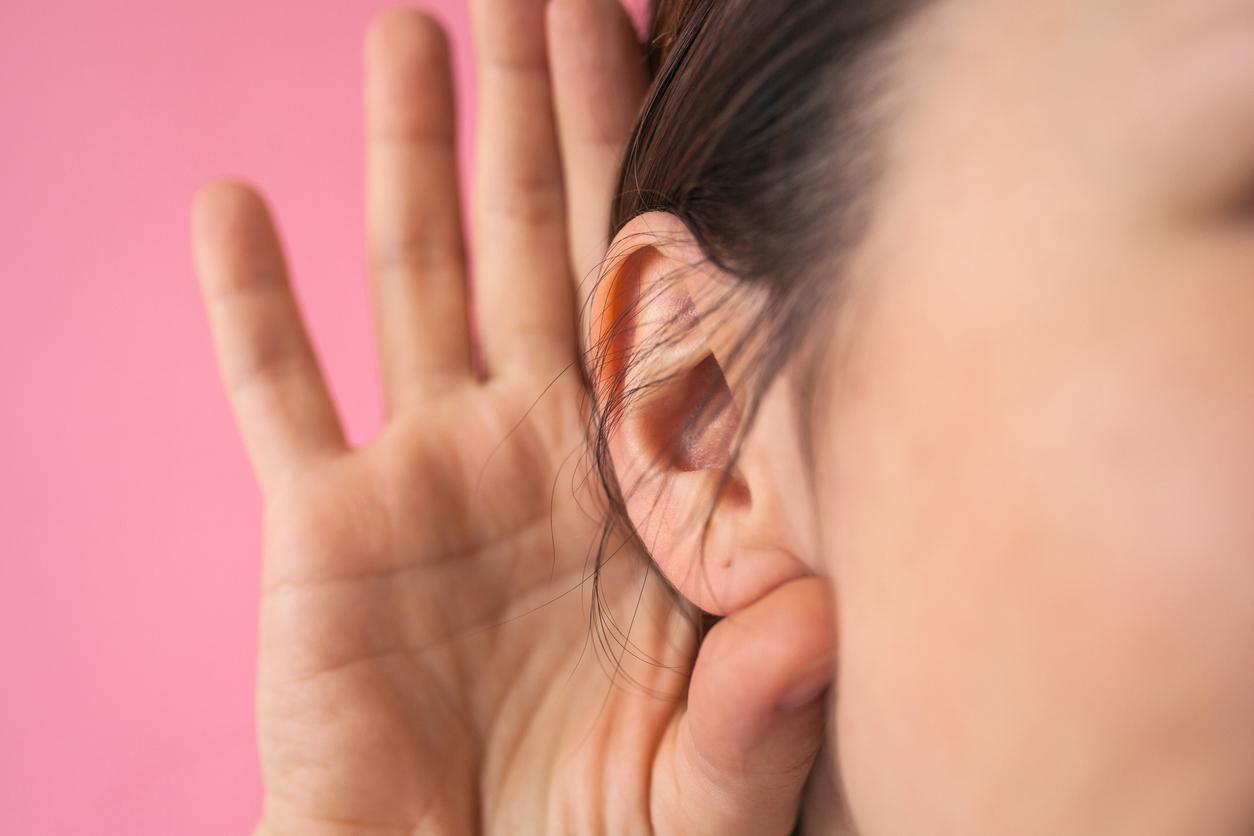The primary auditory cortex of the brain would be more receptive to sounds associated with positive emotions when they come from the left side of the listener.

- Sounds associated with positive emotions produce strong activity in the auditory cortex of the brain when heard by the left ear.
- This could be explained by the way our brain is organized.
- At the moment, scientists do not know how the preference for positive sounds from the left side arose.
We respond best to positive sounds, such as laughter or sweet nothings, when they are heard by our left ear. This was recently revealed by researchers from the University of Lausanne (Switzerland) in a study published in the journal Frontiers in Neuroscience. Scientists used functional magnetic resonance imaging (fMRI) to assess how the brains of 13 adults responded to sounds coming from the left, front or right. As part of the experiment, brain activity in the participants’ auditory cortex was measured as they listened to different sounds, such as sweet words, vowels spoken without context, a cry of fright, applause, wind and a time bomb.
Brain: the auditory cortex of the left hemisphere would be more sensitive to positive sounds
According to the results, the primary auditory cortex of the brain reacts differently to positive sounds depending on where they come from. Indeed, sounds associated with positive emotional experiences produce stronger brain activity when they come from the left side of the listener.
“This is not the case when positive vocalizations come from the front or the right. (…) We also show that vocalizations associated with a neutral or negative emotional experience, for example vowels pronounced without context or cries , and sounds other than human vocalizations do not have this association with the left side”, explained Sandra da Costa, co-author of the work, in a statement.
According to the team, this preference could be explained by the asymmetrical organization of our cerebral cortex. Indeed, the left side of the brain mainly processes language and positive emotions, while the right side processes more negative emotions.
Researchers don’t know when the preference for positive sounds arose
For the moment, the evolution of the bias of our brain in favor of positive sounds coming from the left is not yet clear. “It is currently unknown when the preference of the primary auditory cortex for positive human vocalizations from the left arises during human development, and whether it is a uniquely human characteristic. Once we understand this, we we will be able to know if it is linked to the preference for one hand (right-handed or left-handed) or to the asymmetrical arrangement of the internal organs”, concluded Stephanie Clarke, co-author of the research.

















